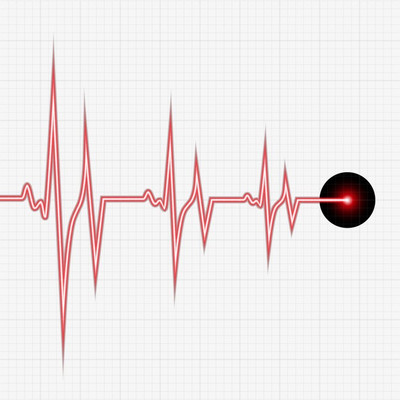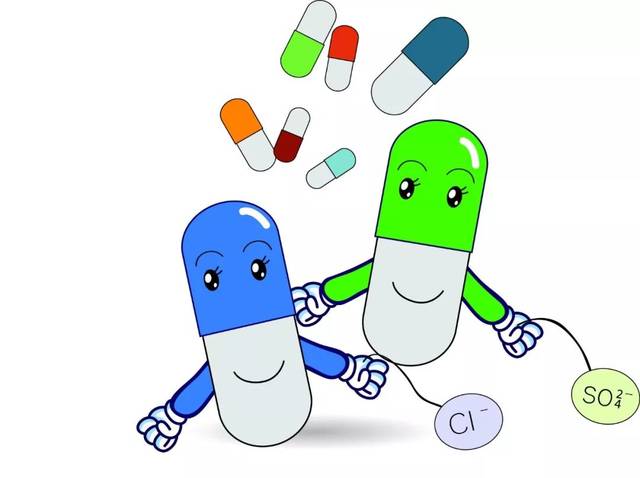
Can Planning Models Enhance Radiation Therapy for Cancer?
TOPLINE:
Knowledge-based planning models for radiation therapy can produce fully automated, consistent, and high-quality radiation therapy treatment plans for numerous cancer sites while also reducing planning time and plan variability.
METHODOLOGY:
- Radiation therapy planning traditionally varies based on the planner’s training, skills, and experience. Knowledge-based planning models can reduce this variability by leveraging machine learning to generate efficient and consistent treatment plans, as well as potentially ease clinical workflows.
- In this study, researchers developed 10 knowledge-based planning models using high-quality clinical plans from a single institution. These plans were incorporated into a fully automated system.
- Models were generated by reviewing retrospective cases across 10 different cancer sites and selecting cases based on consistent clinical variables, such as treatment modality, target site, prescription dose, and disease extent. Dosimetrists evaluated the selected plans for quality metrics, including organ-at-risk sparing and target coverage.
- For each model, a minimum of 20 high-quality plans were used for initial development, followed by an additional 20 for validation.
- The clinical acceptability of knowledge-based planning-generated plans was assessed by physician review. A model was deemed “robust” if at least 90% of its plans received “acceptable as is” ratings.
TAKEAWAY:
- Across all models, 77% of trained model structures had a good or modest fit. The prostate (43%) and rectum (50%) models had the lowest rates of acceptable fits, whereas all liver, lung/mediastinum, and bladder models achieved good or modest fits.
- When looking at quality metrics, dosimetric analysis revealed that 86% of knowledge-based plans, on average, met 90% of organ-at-risk constraints, 87% of cases met all target objectives, and 98% of planning target volumes achieved the prescribed dose.
- Overall, on physician review, 88% of cases were rated “acceptable as is,” while 98% were “acceptable after minor edits.” Only a small percentage of cases would require manual planning. All models were configured to produce fully optimized plans without manual intervention.
- On physician review, the models for anorectal, bladder, cervical, lung/mediastinum, and prostate with nodes met the 90% threshold for “acceptable as is” ratings. Left/right breast and right chest wall models achieved 95% “acceptable after minor edits.”
IN PRACTICE:
“It is possible to generate fully automatable plans using Knowledge Based Planning models as the basis for multiple treatment sites, with 88% of all model-generated cases being rated as ‘acceptable as is’ on physician review,” the authors concluded. “As these plans do not require human intervention, this work has the potential to significantly impact treatment planning workflows.”
SOURCE:
The study, led by Christine V. Chung, University of Texas MD Anderson Cancer Center, Houston, was published online in Radiotherapy and Oncology.
LIMITATIONS:
The study used data from a single institution, which could limit generalizability of the findings. The models were validated using retrospective data, which may not have fully captured the variability in clinical practice.
DISCLOSURES:
This study was supported by Varian Medical Systems and the Wellcome Trust. This process automation was developed with support from the National Cancer Institute, Varian, Wellcome Trust, and MD Anderson Cancer Center.
This article was created using several editorial tools, including AI, as part of the process. Human editors reviewed this content before publication.



